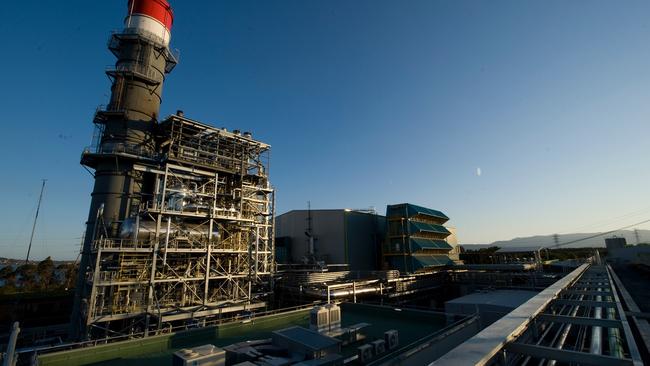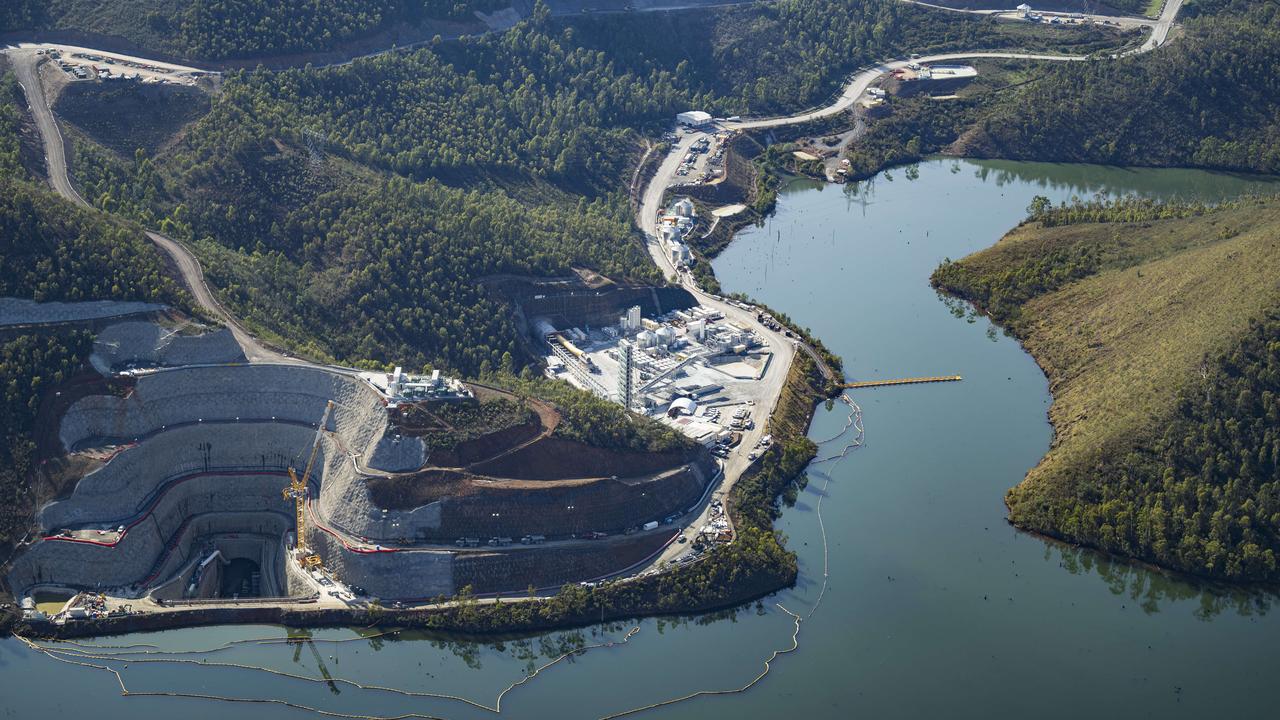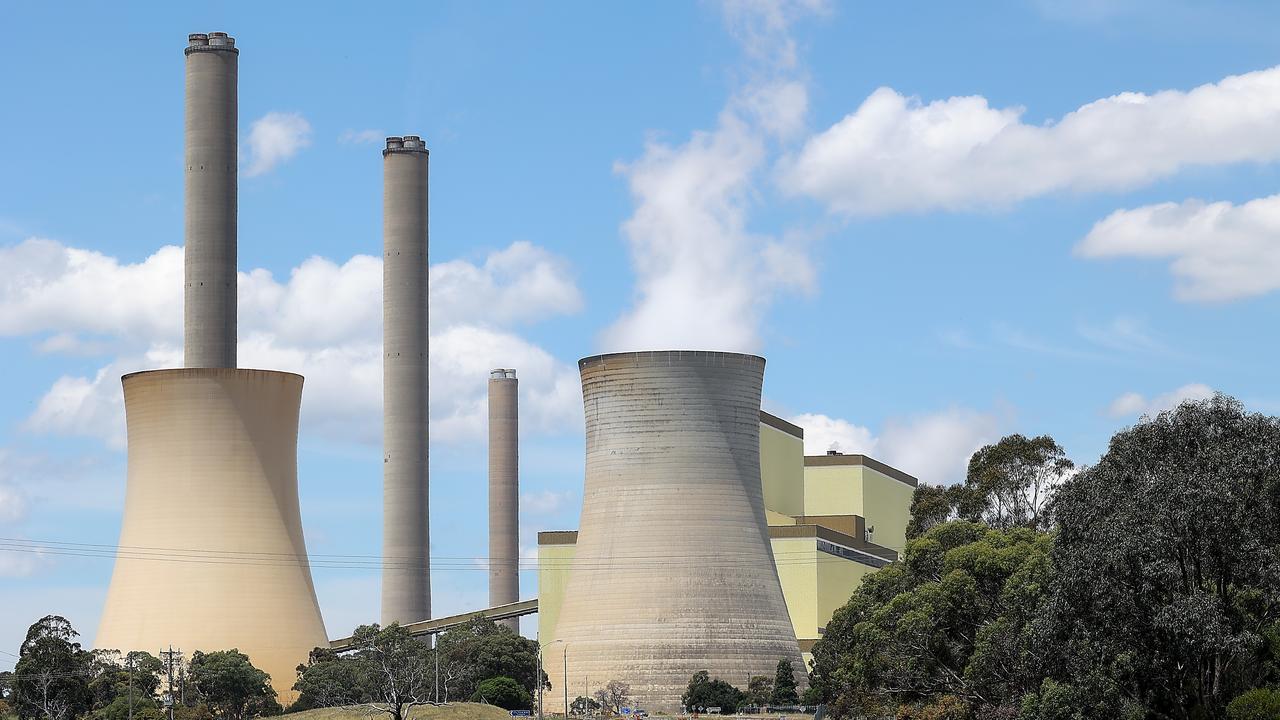Macquarie in talks for up to 50pc of EnergyAustralia
Sources say Macquarie is in relatively advanced talks with EnergyAustralia’s parent company CLP Group, although other interested parties remain.

Macquarie is in talks to acquire a stake of up to 50 per cent in EnergyAustralia, in a deal that should it proceed would give the country’s third largest retailer access to much-needed capital to accelerate its transition away from fossil fuels.
A deal with Macquarie would allow EnergyAustralia to better compete with rivals Origin Energy and AGL Energy, which have both pledged investments of at least $20bn in new renewable energy generation – accelerating Australia’s transition away from coal and aiding Canberra’s ambition to meet its lofty climate and renewable energy targets.
EnergyAustralia’s Hong Kong-listed parent company CLP Group has for months been seeking a partner for the retailer that provides electricity and gas to about 2.5 million Australians. CLP Group said a partner would provide the necessary capital for EnergyAustralia to develop new renewable energy generation and storage projects, but no deal was believed to be close – frustrating the Hong Kong infrastructure owner which endured heavy financial losses of $1bn last year.

In a major step forward, sources said Macquarie was now in relatively advanced talks with CLP Group, though other interested parties remain. Representatives for EnergyAustralia, Macquarie and CLP Group all declined to comment on the talks.
A deal cannot come too soon for EnergyAustralia, as its rivals move quickly to plan billions of dollars in new renewable energy spending. EnergyAustralia has made investments in firming and storage, committing some $300m for its Tallawarra B gas power plant in NSW and a spate of new batteries at several coal power plants.
It has also sought to grow its so-called virtual power plant business by offering cheap finance to households who install solar and batteries.
A VPP pools thousands of households with rooftop solar and batteries. Households use their batteries to store excess energy generated through rooftop solar. If they deem they have sufficient energy in their battery, they could approve the discharge of some stored energy into the wholesale market when prices are high, offering them a financial return and helping to ease the squeeze on the grid.

But EnergyAustralia must move quickly to plan for the loss of its coal power station fleet, and competition for new assets is intense.
EnergyAustralia is scheduled to close its Yallourn coal power plant – one of Victoria’s biggest electricity providers and largest carbon emitter – in 2028, intensifying pressure on the company to find sufficient generation to compensate.
Energy industry sources said they were surprised about Macquarie’s interest given the scale of the challenge of replacing the ageing coal infrastructure.
“There is a lot of money that needs spending and while Macquarie has the capital, they would have a partner that has indicated it is not willing to spend the money,” one senior energy executive said.
But Macquarie will also see value in the EnergyAustralia customer base. Macquarie has in recent years moved to increase spending in Australia’s renewable energy space, and has submitted plans to develop a huge offshore wind facility in Gippsland.
“A deal would mean Macquarie does not have to do offtake agreements, and could simply use the energy from its portfolio of renewable energy assets to service its customers through EnergyAustralia,” a second senior executive said.
Offtake agreements are supply contracts struck between the owner of a generator such as an offshore wind facility to sell a certain percentage of the electricity generated. These contracts allow a developer to secure funding to build the projects as it offers certainty about demand.








To join the conversation, please log in. Don't have an account? Register
Join the conversation, you are commenting as Logout